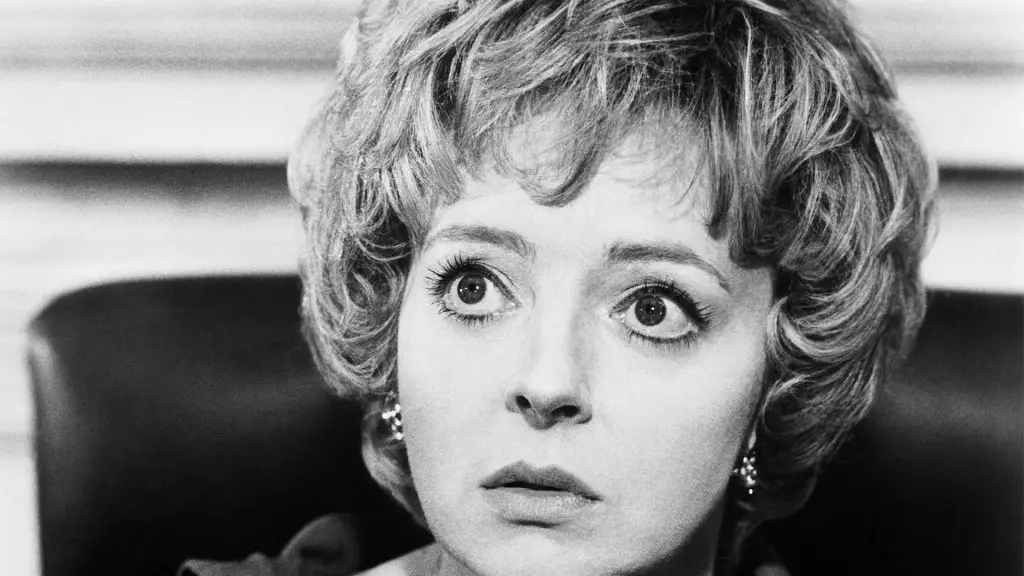Barbara Leigh-Hunt, a name synonymous with remarkable talent in British theater and cinema, has left us at the age of 88. Her family announced her passing on September 16 from her home in Warwickshire, England, although the details surrounding her death remain undisclosed. Leigh-Hunt’s career spanned over several decades and encompassed a wide range of performances, making her a cherished figure in the world of acting.
Born on December 14, 1935, in Bath, Leigh-Hunt’s artistic journey began on the London stage, where she quickly made a name for herself. Her performances were often characterized by a profound emotional depth and a willingness to tackle complex roles, both classic and contemporary. Her passion for acting led her to prominence in various prestigious institutions, including the Old Vic and the Royal Shakespeare Company, where she captivated audiences with her insightful interpretations of iconic characters.
Leigh-Hunt is perhaps best remembered for her pivotal role in Alfred Hitchcock’s chilling thriller, “Frenzy,” released in 1972. She portrayed Brenda Blaney, a character whose brutal murder sets off a harrowing investigation, embroiling her ex-husband Richard Blaney, played by Jon Finch. This role not only testified to her ability to evoke sympathy and tragedy but also underscored the darker elements of human experience that Hitchcock masterfully showcased. The film itself marks an important entry in Hitchcock’s oeuvre, and Leigh-Hunt’s contribution cannot be overstated.
In a 2017 interview with the BBC, she recounted her initial meeting with Hitchcock, expressing both awe and disbelief at the opportunity to work with such a legendary director—a sentiment shared by many of her contemporaries who regarded him as a towering figure in cinema. Leigh-Hunt’s induction into this cinematic universe is an epitome of an artist seizing unexpected opportunities, culminating in a performance that remains a hallmark of her career.
Beyond the silver screen, Leigh-Hunt shone brightly on the theatrical stage. Her exceptional talent earned her an Olivier Award, recognizing her portrayal of Sybil Birling in Stephen Daldry’s acclaimed revival of “An Inspector Calls” at the National Theater in 1993. This accolade is a testament to her skill and dedication to her craft, offering insight into her capability to breathe life into characters that resonate with audiences long after the curtain falls.
Leigh-Hunt’s theatrical repertoire includes notable productions of Shakespeare’s “Hamlet,” “A Midsummer Night’s Dream,” and “King Henry V.” Her versatility allowed her to transition seamlessly between Shakespearean classics and modern plays. This adaptability affirmed her status as a formidable actress, one who could tackle a range of genres and styles with relative ease.
In addition to her film and theater achievements, Leigh-Hunt made significant contributions to British television. She is fondly remembered for her appearance as Lady Catherine de Bourgh in the beloved 1995 BBC miniseries adaptation of “Pride and Prejudice,” featuring Colin Firth and Jennifer Ehle. This iconic role solidified her presence in the public consciousness and showcased her ability to bring rich characters to life effortlessly.
Leigh-Hunt’s filmography further includes a variety of films, such as “Billy Elliot,” “Vanity Fair,” and “Oh Heavenly Dog.” Each role she undertook revealed new dimensions of her talent, captivating audiences and critics alike. With her unique blend of charisma and skill, Leigh-Hunt carved an indelible niche in the arts.
As we reflect on the life of Barbara Leigh-Hunt, we are reminded of the profound impact one dedicated individual can have on the cultural landscape. Her passing marks the end of an era, and while the lights dim in her absence, the legacy she crafted will continue to inspire future generations of actors. A funeral is scheduled for October 12 at St. John’s Church in Aston Cantlow, a poignant reminder that even as she departs from this world, her artistic spirit will remain immortal in the hearts of those who recognized and celebrated her brilliance.
